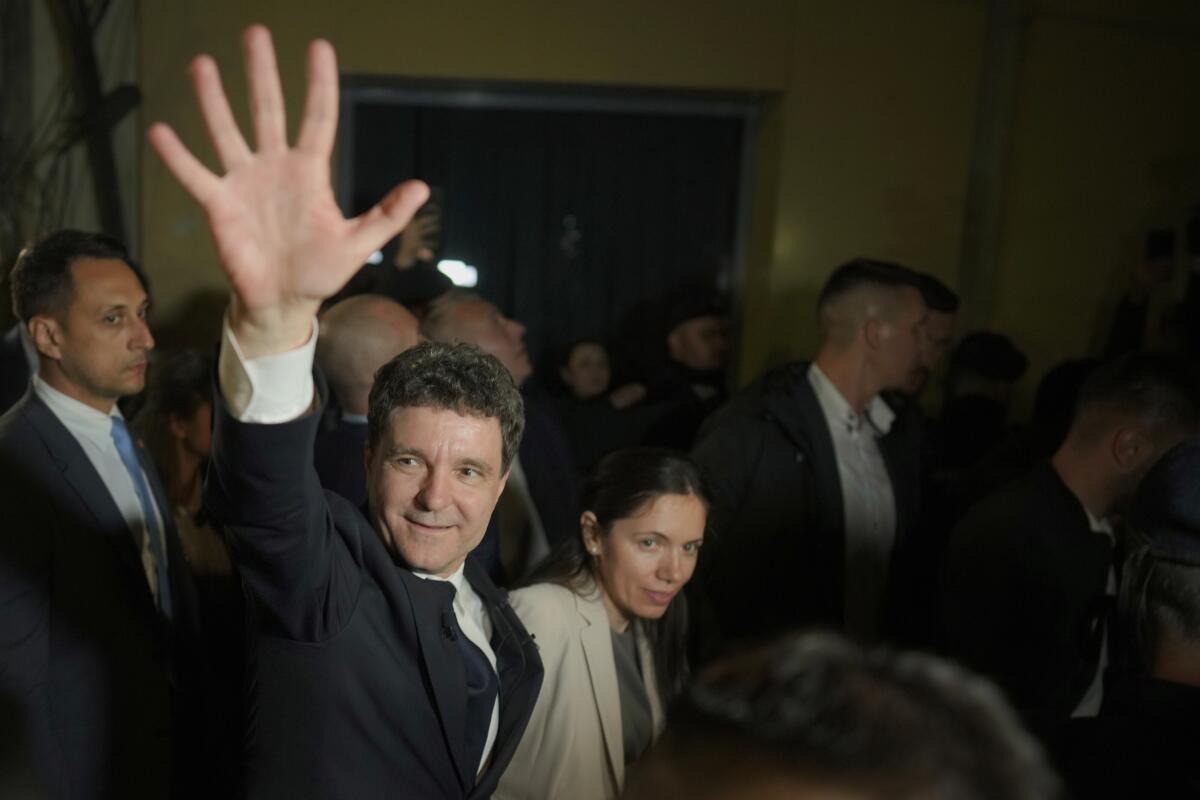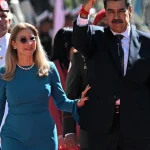Romania’s presidential election concluded with a decisive win for pro-European Union candidate Nicușor Dan, who secured over 53% of the vote, with more than 99% counted. Dan, a centrist and current mayor of Bucharest, defeated hard-right ultranationalist rival George Simion, who had led the first round of voting earlier this month.
Simion’s platform, characterized by Trump-style populism and skepticism of the EU and NATO, lost traction after a widely publicized debate where Dan outperformed him. Dan’s victory marks a significant moment for Romania’s political alignment, reinforcing a commitment to Western alliances.
Dan’s Victory Signals Reform Mandate While Simion Concedes and Vows Continued Struggle
Celebrating with supporters, Dan framed his victory as a collective mandate for transformative change. He emphasized the role of the community and called for patience as the country navigates a “difficult but necessary” period of economic and societal reforms. His agenda includes reinforcing anti-corruption measures and ensuring continued military support for Ukraine, seen as vital for regional security amid Russian aggression. Dan’s win is interpreted not just as a political triumph but as a societal pushback against extremist and isolationist rhetoric.

Despite proclaiming himself the winner prematurely, George Simion ultimately conceded defeat, addressing his followers in a video on X. He vowed to continue his ideological struggle, aligning himself with global sovereigntist and conservative movements. Simion had gained significant traction among Romania’s diaspora, which largely backed him in the first round. In the weeks leading to the runoff, he campaigned across Europe, attempting to galvanize support from Romanians living abroad.
Election Marked by Interference Allegations, Foreign Praise, and Strategic European Significance
This election followed a turbulent political season. The original vote held five months earlier was annulled due to alleged Russian interference after far-right candidate Calin Georgescu saw an unexpected rise. Georgescu, later banned from the rerun for criminal charges, including forming a fascist group, cast a long shadow over the race. Authorities flagged signs of disinformation campaigns during the rerun as well, with Romania’s Foreign Ministry pointing to fake news spread via Telegram and other platforms. Russia denied the accusations and mocked Romania’s electoral integrity.
Dan’s victory drew swift congratulations from several European leaders, including France’s Emmanuel Macron, Poland’s Donald Tusk, and Moldova’s Maia Sandu. Ukraine’s President Volodymyr Zelensky called the win “historic” and reaffirmed Romania’s role as a dependable ally.
European Commission President Ursula von der Leyen praised the Romanian people’s turnout and their clear preference for a future integrated with the European Union. These endorsements highlight Romania’s strategic importance within Europe, especially in the context of growing tensions with Russia and the rise of nationalist movements across the continent.


